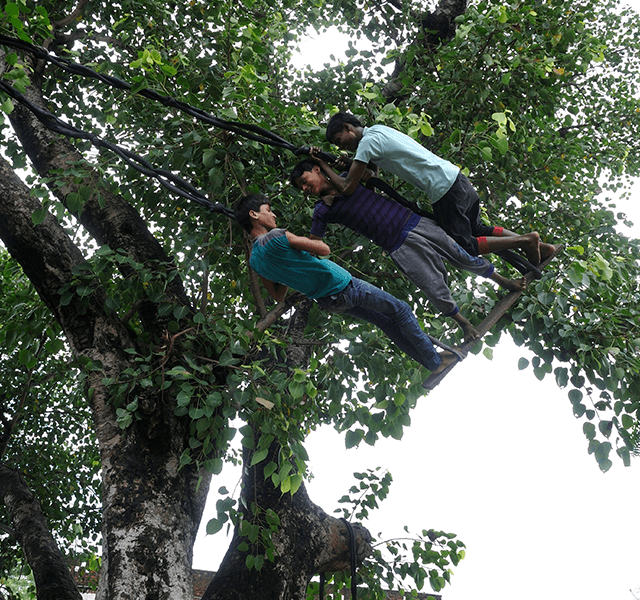

This issue provides an update on UP-TSU’s efforts in integrating the Gender e-module in SBA training, a feedback workshop with Government of Uttar Pradesh health officials by medical college RRTC faculty members and support Monitoring and Evaluation division of National Health Mission on capacity building workshop for State/Division/District officials to improve data-driven decision-making.
Read MoreIn 2014, the Government of Uttar Pradesh, with the support of the UP TSU launched the Nurse Mentoring program in 25 high priority districts of the state. Based on the initial success, the program was scaled up across 820 blocks and 79 District Hospitals. This Photo Story captures the Nurse Mentoring Program at Aligarh District, highlighting the efforts on transition of the program to the government.
Read MoreThis poster highlights the Skilled Birth Attendant Trainings that have be scaled up by the Government of Uttar Pradesh, with support from Uttar Pradesh Technical Support Unit.
Read MoreIn 2013, the Government of Uttar Pradesh (GoUP), with support from UP TSU launched the Nurse Mentoring program in 25 high-priority districts, which was scaled up to 820 blocks and 79 district hospitals of Uttar Pradesh, and now has been transitioned to the GoUP. The poster talks about the journey of the program and its transition a sustainable model with government taking over the program.
Read MoreThis edition focuses on the support provided by UP TSU to the Government of Uttar Pradesh in developing guidelines to provide beneficiary centric antenatal care through the community platform and its quality certification and the systemic effort to converge the services by ASHA-AWW area alignment in each of the revenue villages. UP TSU is committed to providing state-wide roll-out support.
Read More